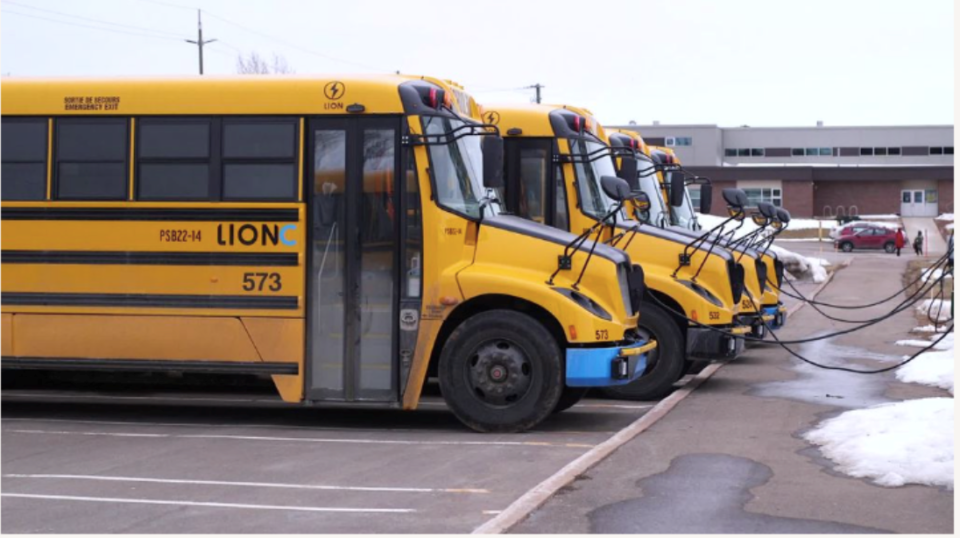Citing Growing Evidence Of Harm To Child Health And Learning Ability
On Healthy Environments for Learning Day, environmental and children’s health advocates call on all levels
of government to accelerate the switch to electric school buses
|

On Healthy Environments for Learning Day, environmental and children’s health advocates call on all levels
of government to accelerate the switch to electric school buses
|
We use cookies to improve your experience on our site. By using our site, you consent to cookies.
Manage your cookie preferences below:
Essential cookies enable basic functions and are necessary for the proper function of the website.
Statistics cookies collect information anonymously. This information helps us understand how visitors use our website.
Google Analytics is a powerful tool that tracks and analyzes website traffic for informed marketing decisions.
Service URL: policies.google.com (opens in a new window)
